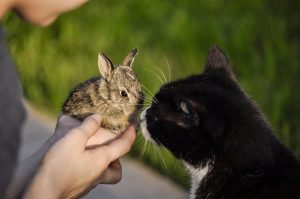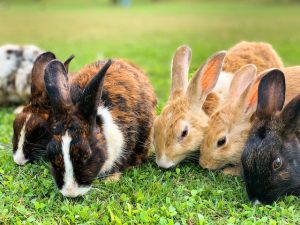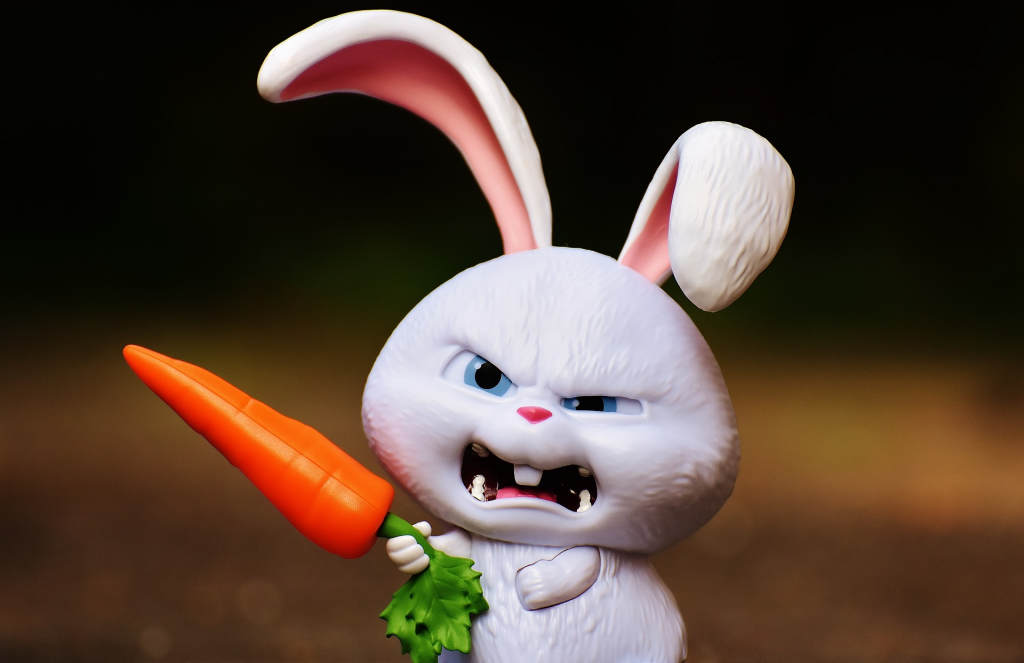
Rabbits, the sweet little critters we adore for their cuteness and innocence, so much so, that almost all Disney fairy tale movies have included rabbits in the background for any scene capturing the essence of peace and nature.
Contents
But, what if your beloved bunny, one day, turns around and takes a bite at you like you were a new item on its menu! Should you worry about the rabbit turning into a deadly carnivore with those big ole buckteeth?!
Well, no. Rabbits are very much so hardwired to being herbivores where a carnivorous diet would just make them sick for their inability to digest meat.
However, there are cases of rabbits biting people, particularly their owners! Albeit rare, it still happens, and perhaps that’s why you’re here since it might have happened to you or a loved one—but why? Is there a way to prevent rabbit bites from happening? Yes.
Disclaimer
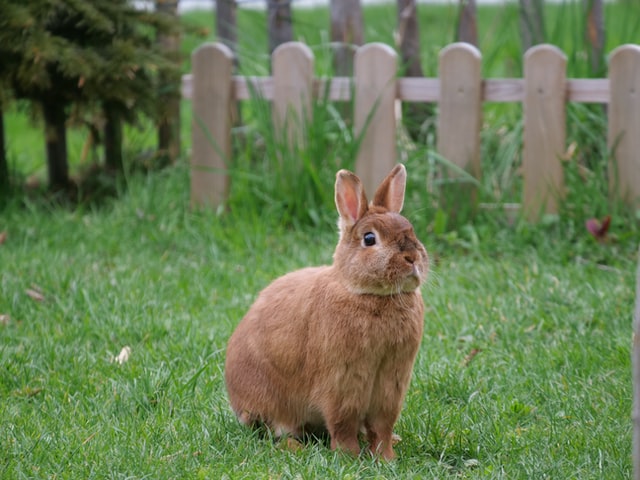
Before ‘digging’ into this ‘rabbit hole’ * Ba Dum Tss! *, it’s important to cover the following questions and concerns surrounding the topic:
- Differentiating a rabbit’ bite’ from a ‘nib’?
A: Often, rabbits might take a nib at you to get your attention or for an affectionate act displayed in the grooming process. Nibs are often painless, and the rabbit indicates no aggression.
A bite can be identified by the rabbit’s aggressive actions that follow it, such as an open-mouth display, grunts and lunges.
- Would you get infected by the bite?
A: Most rabbits have clean mouths, so the probability of getting infected by a rabbit bite is low.
Although for safety precaution, Mayo Clinic advises bite victims to wash the wound with soap and warm water, apply antibiotic cream, and bandage the wound.
The Triggers & Solutions
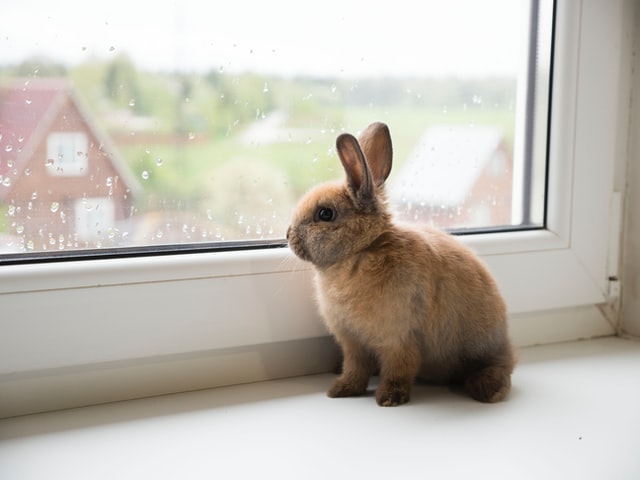
Sadly, there isn’t simply one probable cause to why a rabbit might bite you. Instead, there are multiple triggers that each can be identified and solved differently.
Underlying Medical Conditions
As with any species, physical complications and pain such as migraines, rashes and toothaches can incredibly impact the mental stability of a rabbit, leading them to become more erratic and impulsively temperamental.
In the worst-case scenario, your rabbit could be infected with rabies, with a key side effect including aggression. Although, a rabbit catching rabies is highly unlikely in our modern era, with hardly any recent cases to come across, and more so popularised in horror fiction.
Consult a veterinarian; they likely will undergo tests to identify any medical problems. Also, be open about the lifestyle you offer the rabbit, including feeding and cleaning routines. This information will allow an experienced veterinarian to figure out if you need to tweak the rabbit’s lifestyle, so it becomes healthier and less aggressive.
It’s crucial to note that rabbits come in different shapes and sizes. The same goes for what rabbits request to be healthy, so if you find a diet plan online targeted at rabbits, just know it might be a mismatch for your rabbit. So it’s always good to get expert advice from veterinarians that will conduct tests on your rabbit first before making a judgement.
Territorial
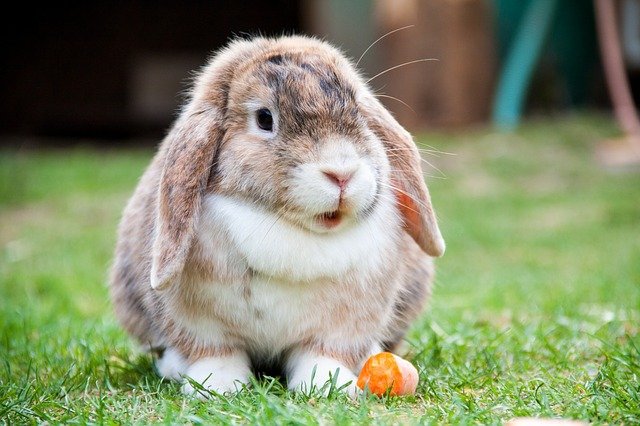
Being creatures of habit, rabbits become instinctively glued to the spaces they occupy. For example, suppose you allow a rabbit to spend most of its time in your living room with its amenities spread throughout the area. In that case, it will grow uncomfortable and defensive over people entering the space and touching its stuff.
It’s best if your rabbit has a designated space it will spend most of its time in that isn’t constantly intruded upon by people or other animals.
The next issue is getting your rabbit to leave the space without turning territorial. It’s best to not just grab the rabbit but lure it out with food and noises the rabbit becomes accustomed to.
The rabbit will begin to identify and trust your luring tactics, as long as you always return the rabbit back to its space, provided your reasons were beneficial to the rabbit, such as cleaning its habitat or topping up the rabbit’s amenities.
Dominance
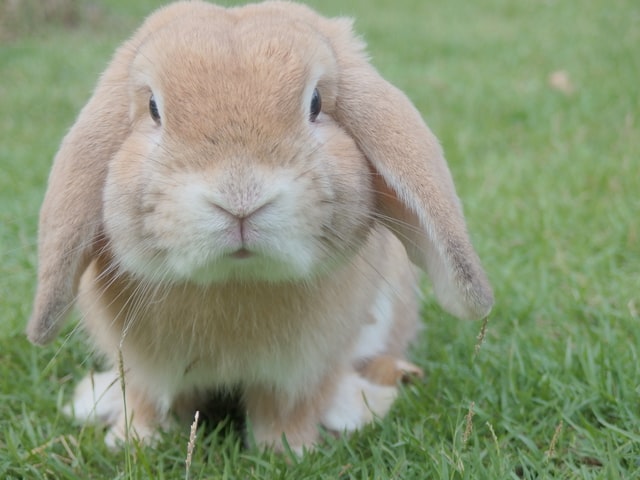
Rabbits might take on a dominating nature for two separate reasons. For one, the rabbit has been mistreated, where the owner has failed its leadership role in supplying the pet with adequate supplies, services and attention.
Naturally, the rabbit loses its respect and shifts its outlook on the owner, establishing a divide and competition between the two, where the rabbit no longer trusts the owner around its space, food or presence. It’s standoffish behaviour is a recipe for a harsh bite on the owner if they try to reach out to the rabbit in a confined area.
The second and more likely reason is that the rabbit has been going through sexual maturity. As we know, puberty brings chemical imbalance. The same goes for rabbits in this state, where they latch onto new habits and behaviours and must be given alone time to adapt to the changes and become mentally stable once again.
To off-shoot some of their aggressive energy, introduce exercise into their lives. You can buy many great play items and apparatuses from pet shops or online that a rabbit will love!
Once rabbits reach sexual maturity, which is between 3-8 months of age, it is advised to have them neutered, which has a plethora of benefits such as longer life expectancy, but also reducing the chances of aggressive behaviour.
Fear
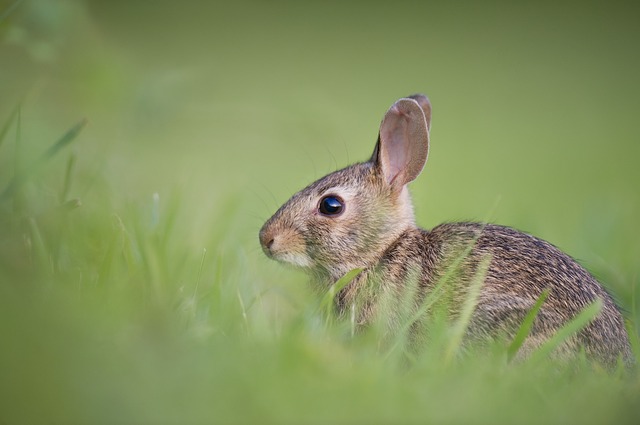
Rabbits are timid creatures that significantly experience the fight or flight response more than many other species. So a wide variety of situations will make a rabbit incredibly nervous and skittish since it’s been a useful instinct for their survival as small herbivores.
Even though your pet rabbit might respect and love you, your body language and approach to interacting with them could send them into a fight or flight response that may lead you into getting bit.
So avoid creeping up on a rabbit and startling them. Also, don’t rush to pet or pick them up. Take it slow, assess their response and be conscious of how they might feel in that moment when someone much relatively larger approaches them.
Boredom
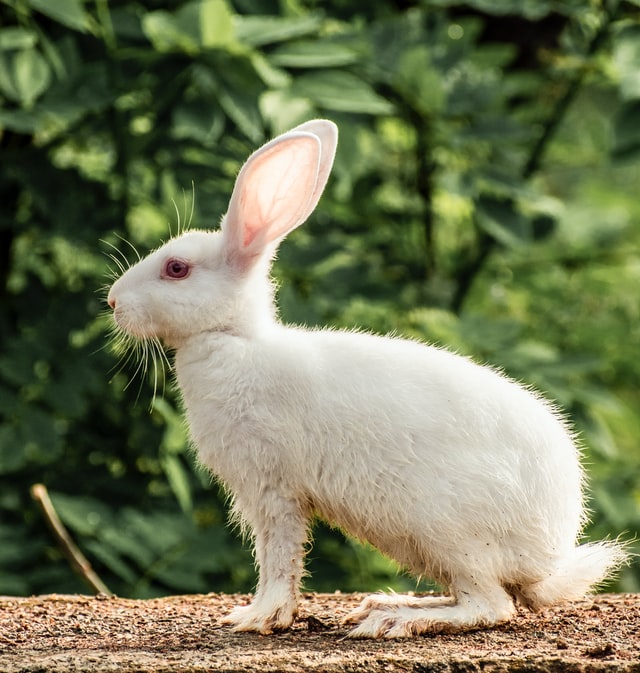
Ever heard of the term’ boredom can drive you crazy’? Well, this is quite literal for almost all rabbits, who become self-destructive when not entertained, such as chewing, digging and yes, even taking a bite at people!
As mentioned, productive toys are great for rabbits’ mental and physical health, but over time, rabbits get bored of the same old toys.
One of the earliest signs of boredom is when rabbits start to make a lot of noise and rattle cages or scruff up their habitats.
Spotting these signs early on will tell you when it’s time to find your rabbit a new toy. Rabbits need plenty of space to play and move around, so follow these steps to keep them just as entertained as if you were playing your favourite sport or video game!
Gluttony
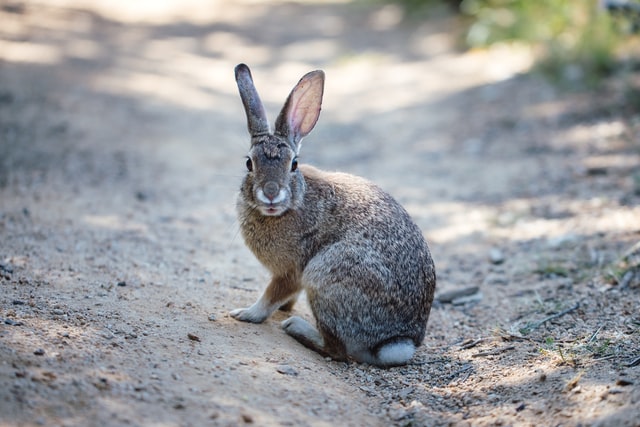
Your rabbit could well and truly be displaying the toxic habits of the infamous King Henry VIII with his excess eating and habitual greed. Sadly this comes down to the fault of the owner unknowingly, by supplying their rabbits with a stable flow of high-valued food such as pellets and treats.
Rabbits instinctively become crazed by high-valued food, similar to humans stumbling upon a pot of gold. Thus rabbits are extra defensive and territorial over this type of food. Having them receive it consistently, keeps them in this state of aggression and susceptible to becoming even madder when they don’t receive what they’ve come to expect.
To tame the food aggression, bring more balance to the rabbit’s diet by introducing a greater variety of food such as regular hay. Mix up the feeding schedule for high valued food, like making hay more fixed, while serving pellets and treats at random times during the day, so it becomes less expected.
Also, cut down on the high valued food offered, this would mean getting a smaller food bowl or flatter feeding tray, so the rabbit doesn’t notice any space left in them for more food to fill up.
While the gluttonous rabbit will be angered by these changes, its habit will eventually shift where it displays less food aggression and brought back down to earth with its new humbled aspect on life!
Conclusion
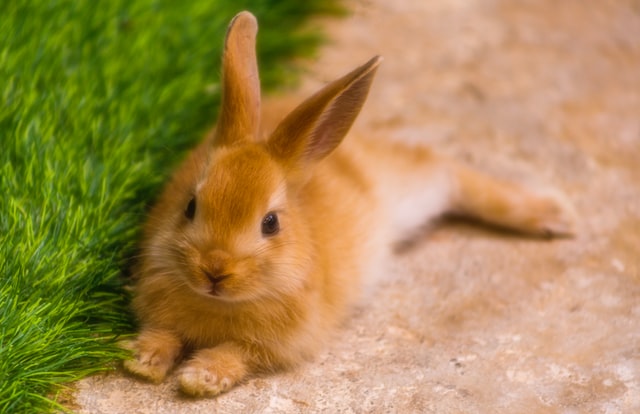
All in all, it takes patience and consistency to identify the trigger then work towards mending it, which can be timely when it means breaking an unhealthy habit of the rabbit.
Never leave it until the last minute to consult a veterinarian. Any underlying medical condition must be addressed first in your strategy to avoid any permanent complications that can arise from health deterioration.
If your rabbit’s medical results are clear, then follow the methods mentioned in this guide to gain a trusting and fulfilling bond that’s necessary between a pet and owner. Also, no more nasty bites and fears of bunny turning into a vampire!


